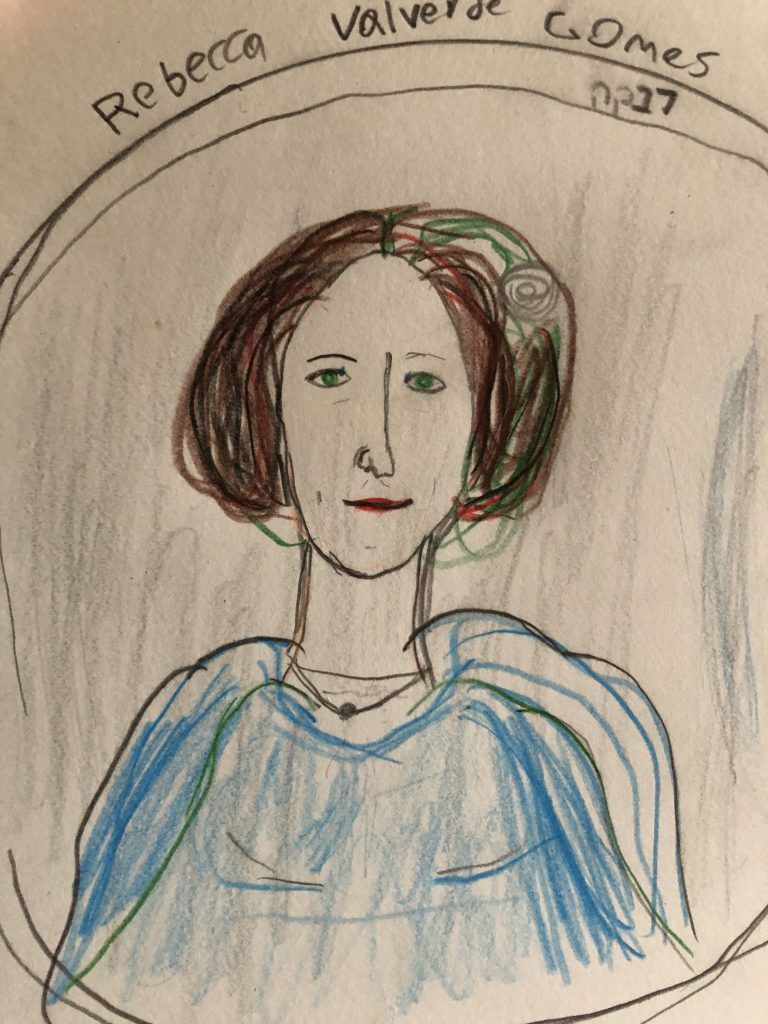“Every season has its inconvenience and every month its devil, many say. This could be true, but what you still have not noticed is that: each year our youth and even our aged are leaving for a new country of immigration.
At one point, it was Paris; then it was London; then Buenos Aires; then New York; then Egypt, and, a little later, immigration to Mexico suddenly took off.
The idea of immigration is a sickness that takes hold of the minds of many, and no matter how dark you paint for them the situation of the place to which they want to immigrate, they do not hear you, nor do they believe you, only later, when they go and they become sick and without gentizmo [people, community], or they remain there in captivity because they do not have the means to repatriate.
—
“As for the others, you should know,” he said, “That all natures are not the same. There are people who are born to beg and to be ashamed of nothing. As for Shalom Segura, with whom I left and who remains there, it does not matter to him to attach a smile in his eyes and to ask for alms. He is all day asking one person or another for a cigarette, five cents for food, and many other pittances.
Such types could perhaps be able to lengthen their trip, but they will never be able to return with money, because first: the country is poor and it does not allow the foreigner to earn; second: once accustomed to begging, they can procure for themselves with much struggle the needs of the day and, accustomed to living from it, without caring for their families, prolong their stay there.
This is the wealth that my colleagues will be able to bring from there, yes, after having escaped begging in Mexico City and descending to Veracruz (port of Mexico, 10,000 inhabitants), they do not extend their time there and earn the only wealth of the place, which has the name “yellow fever” (a malady that comes from the great heat and dirtiness of the country).”
—
I write these notes today at the instigation of Sr. Izak Algranati, newly arrived from Mexico, and it is he himself who pleaded that I write all of this, in the hopes of making those who will want to immigrate to this country renounce this idea.”
Moses Ben Ghiat”
-This is a primary source from the notes from the interview of Sr Izak Algranati by Moses Ben Ghiat in the Ottoman port city of Izmir. It details some of the pitfalls of immigration and how immigrating to lands of “oportunity” can sometimes be more trouble than they are worth and infact be done in folly.
Izak Algranati was an immigrant to Mexico, but, judging from theses note, found Mexico to be a major disappointment to say the least.
This document was clearly meant to discourage people from immigrating, using langague that clearly scoffs at the idea of immigrating and it is particularly hostile torwards Mexico.

